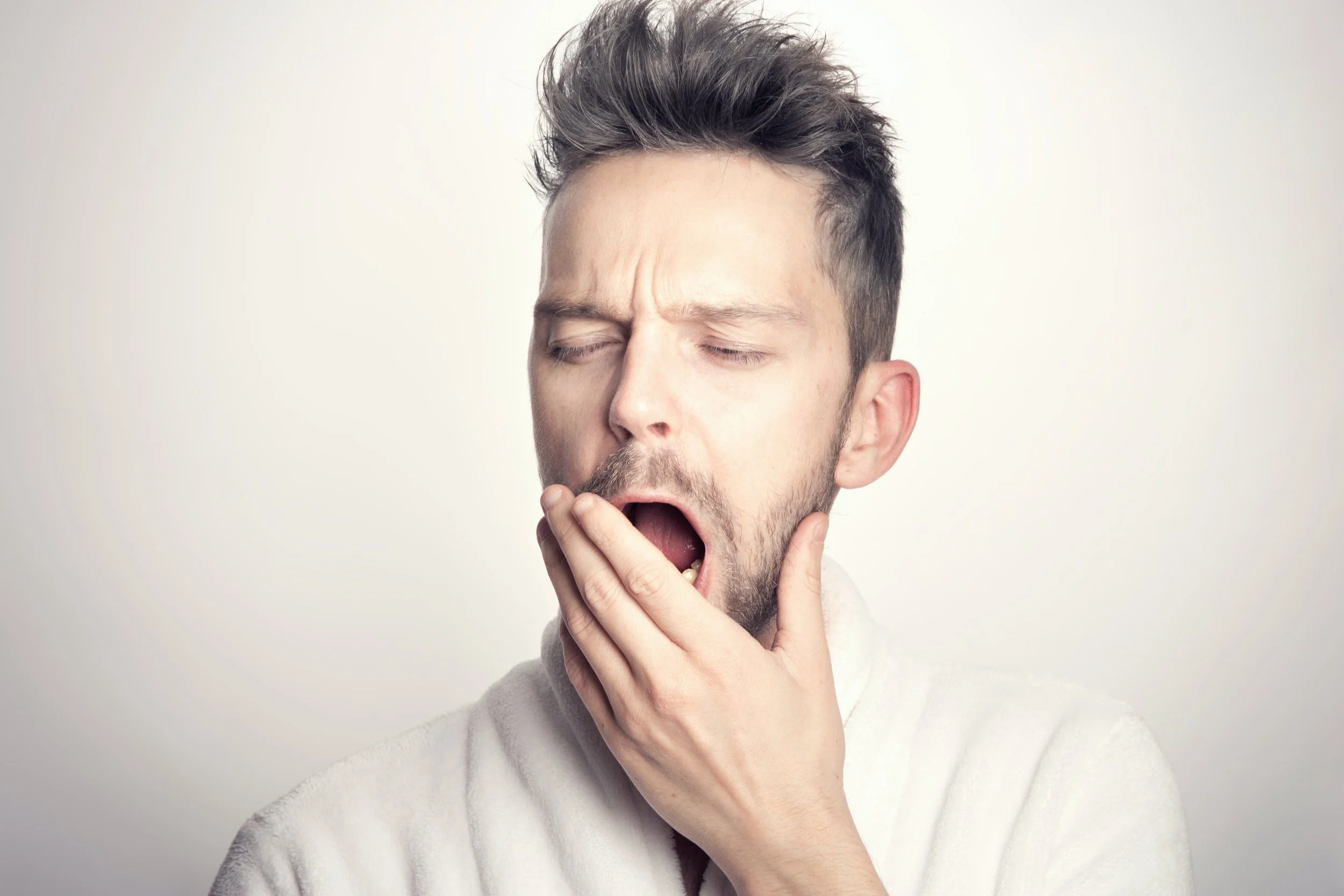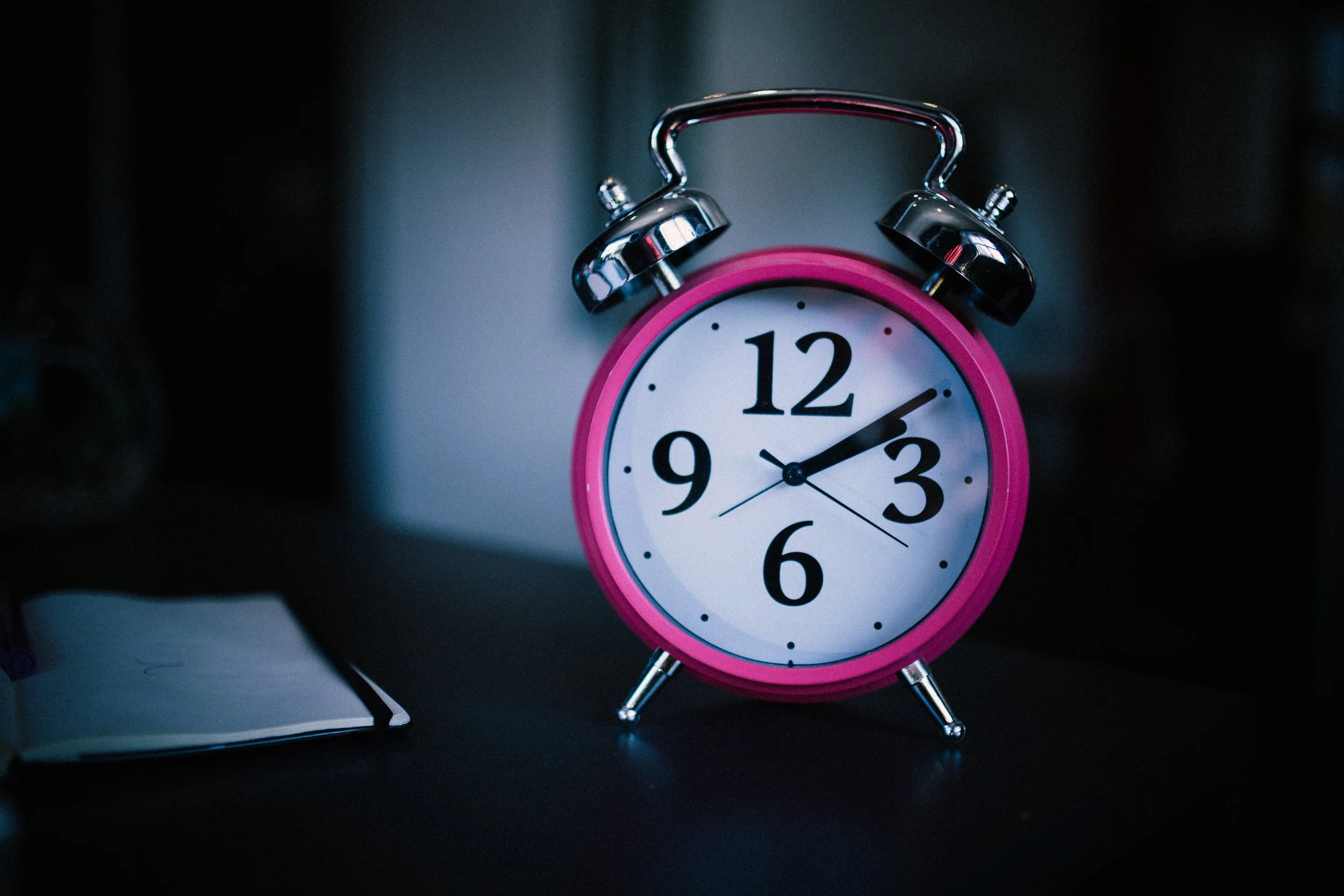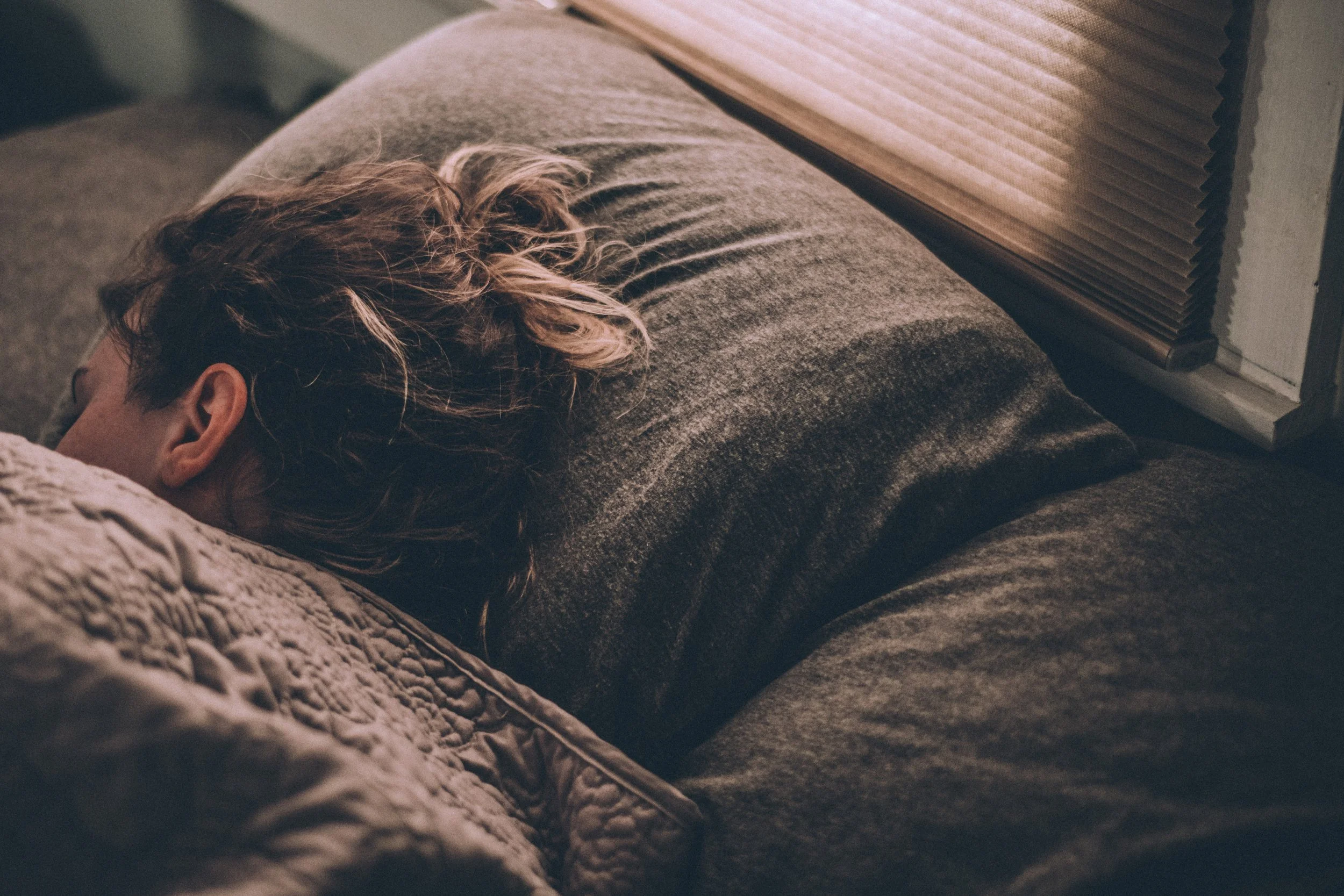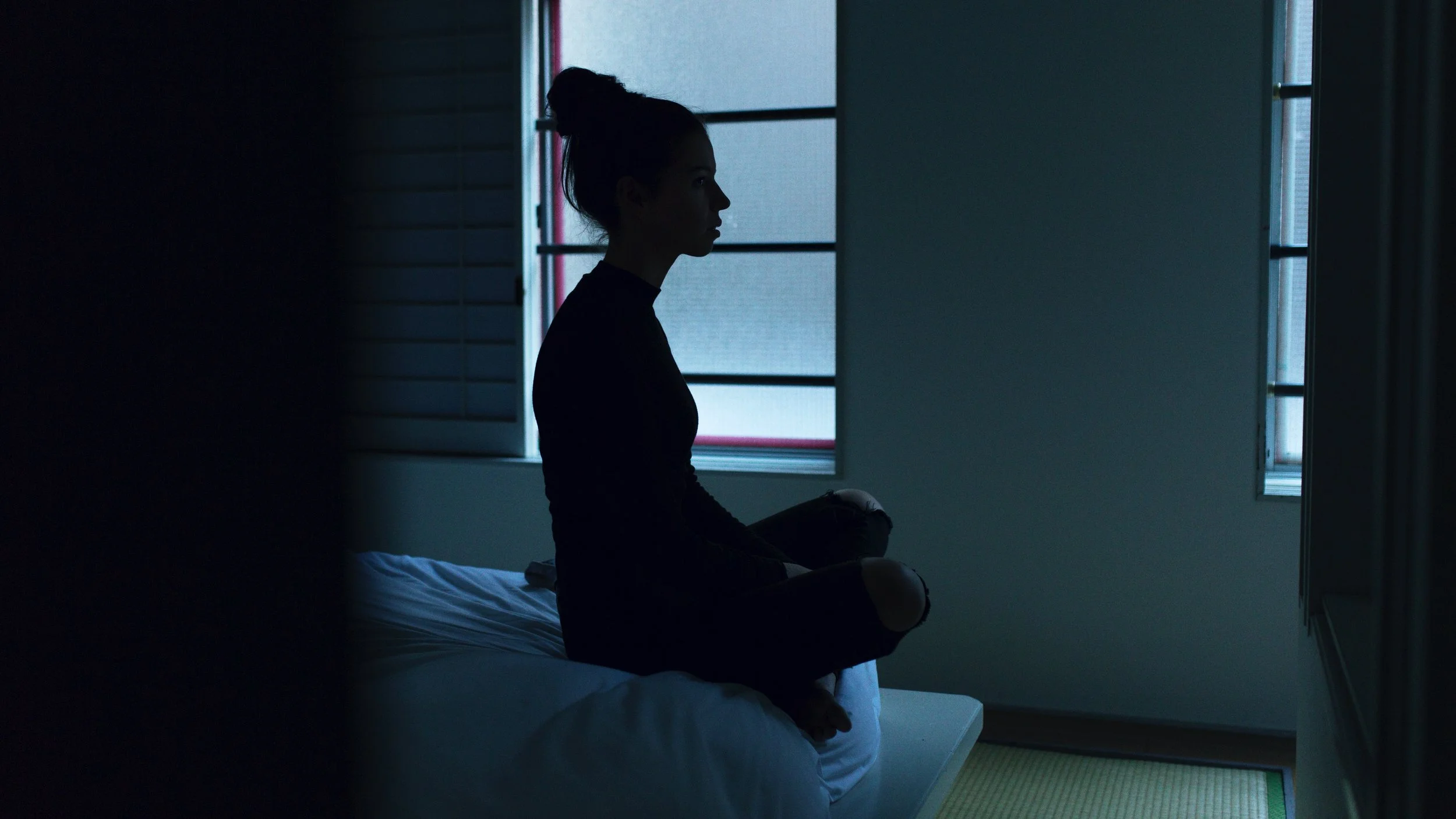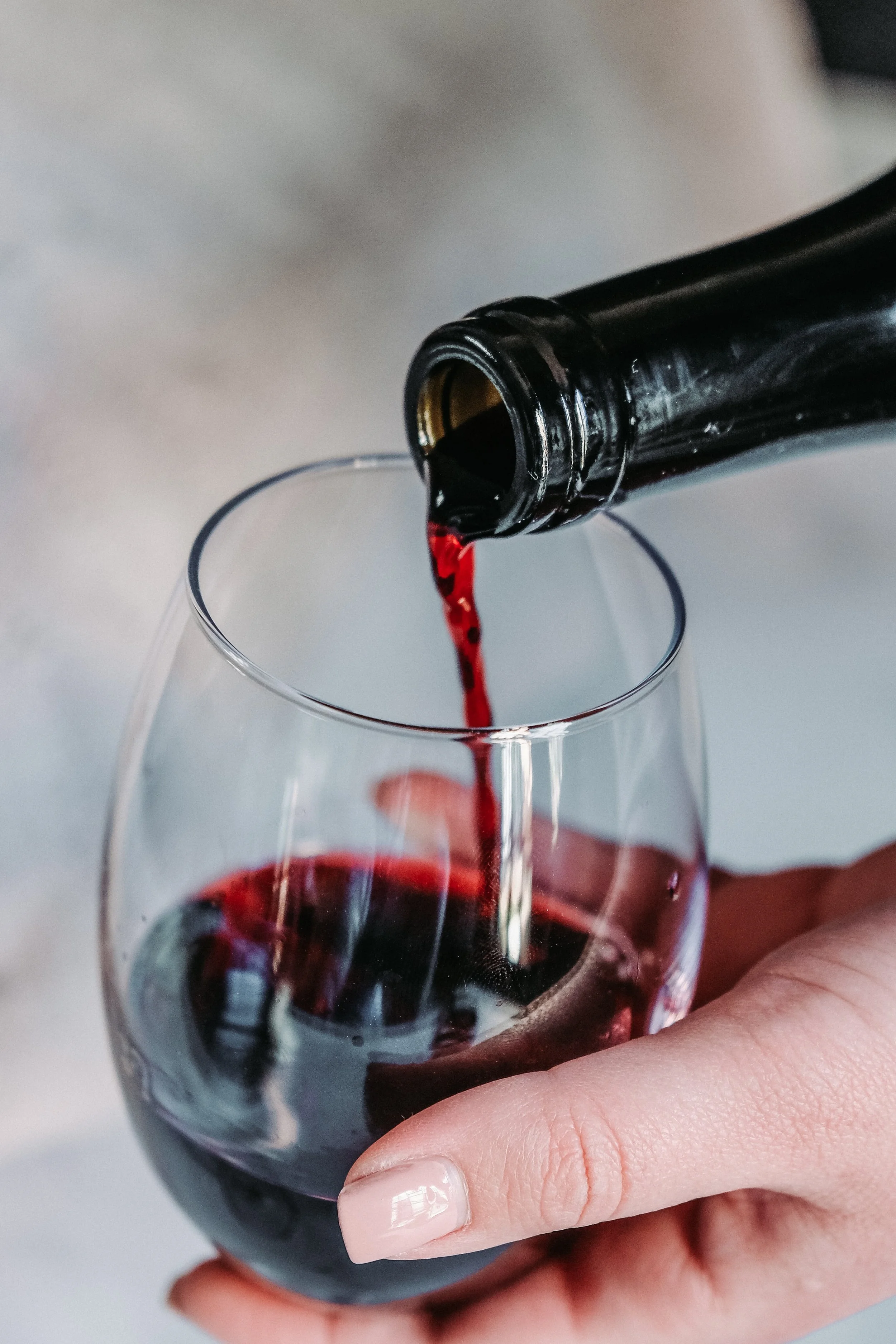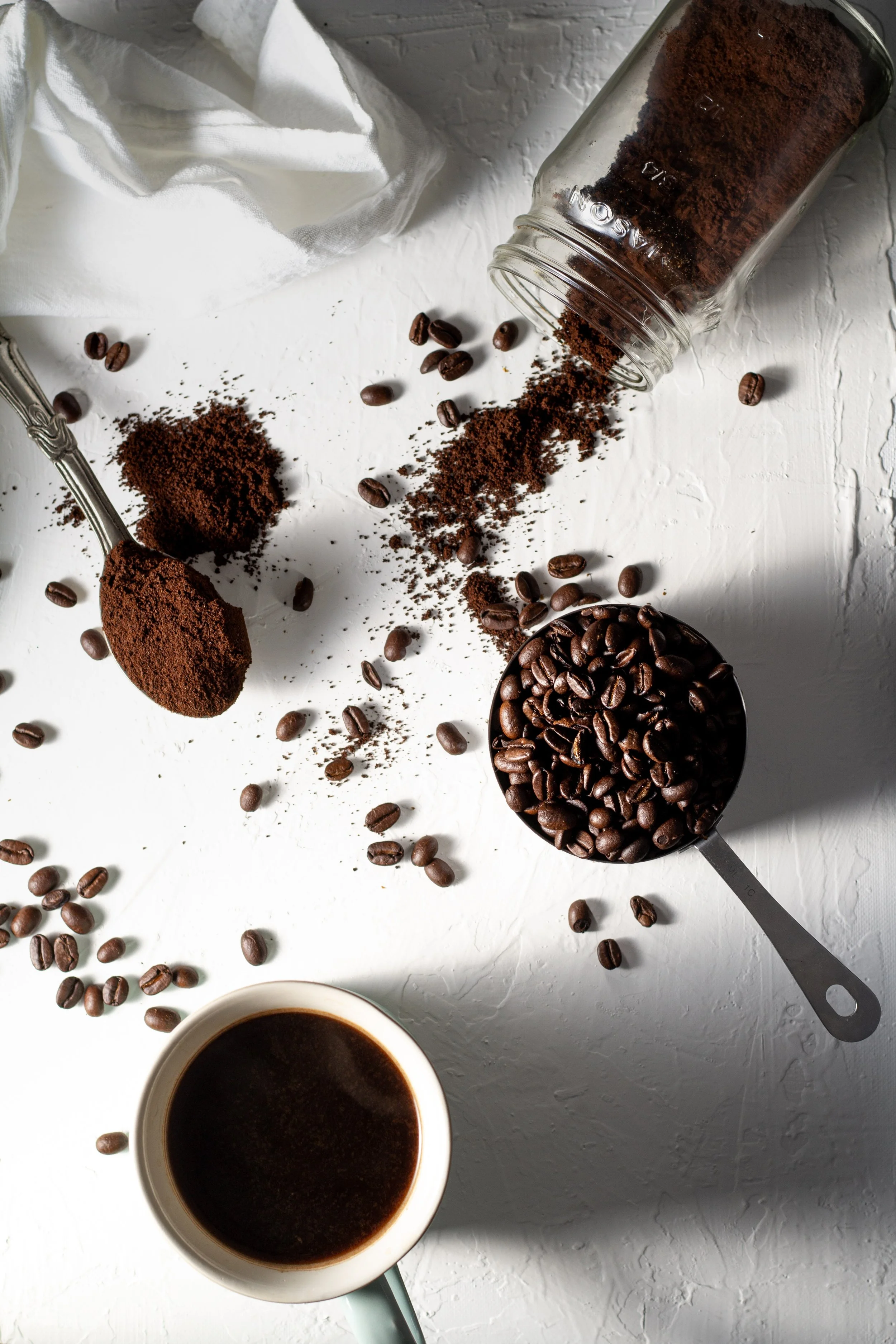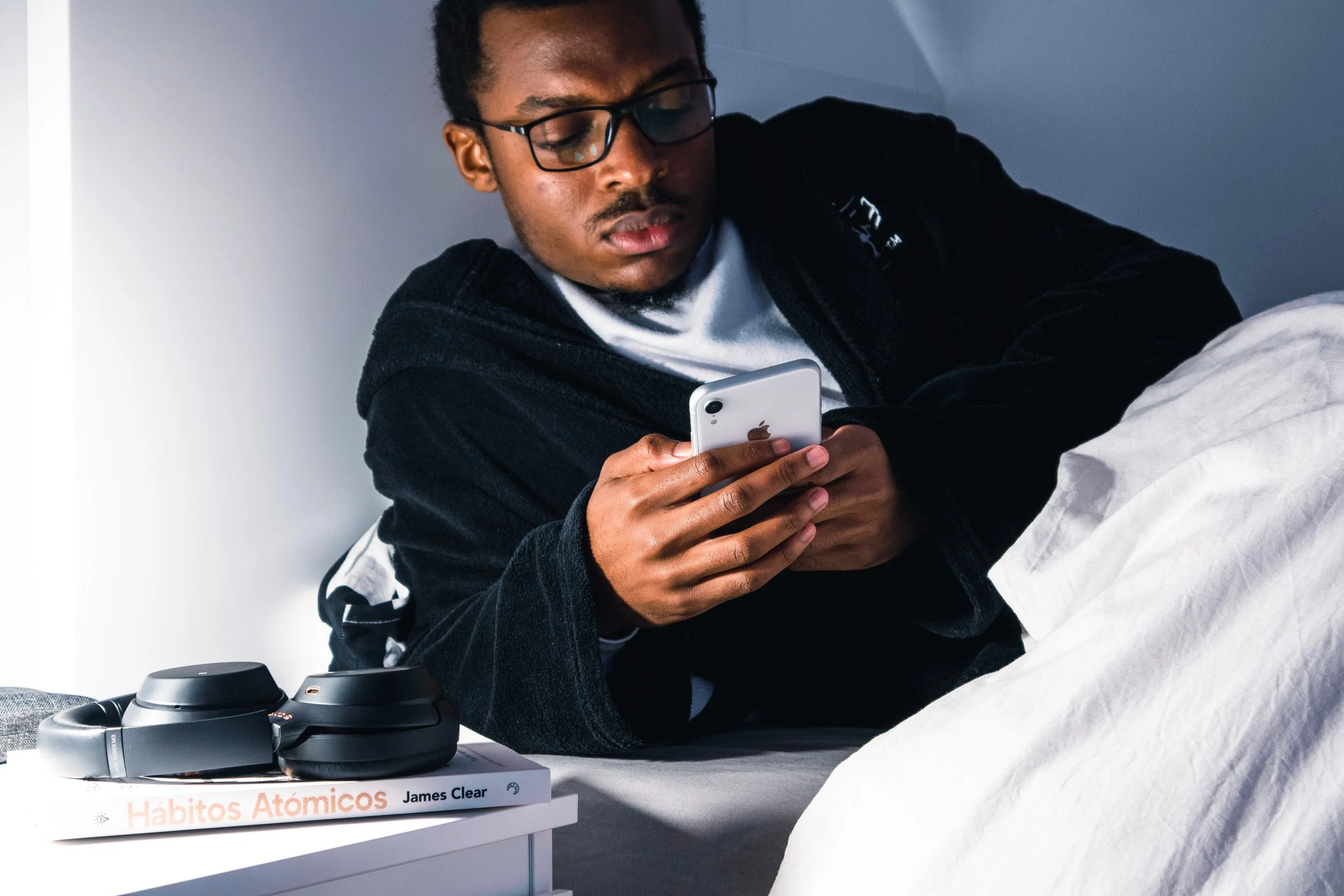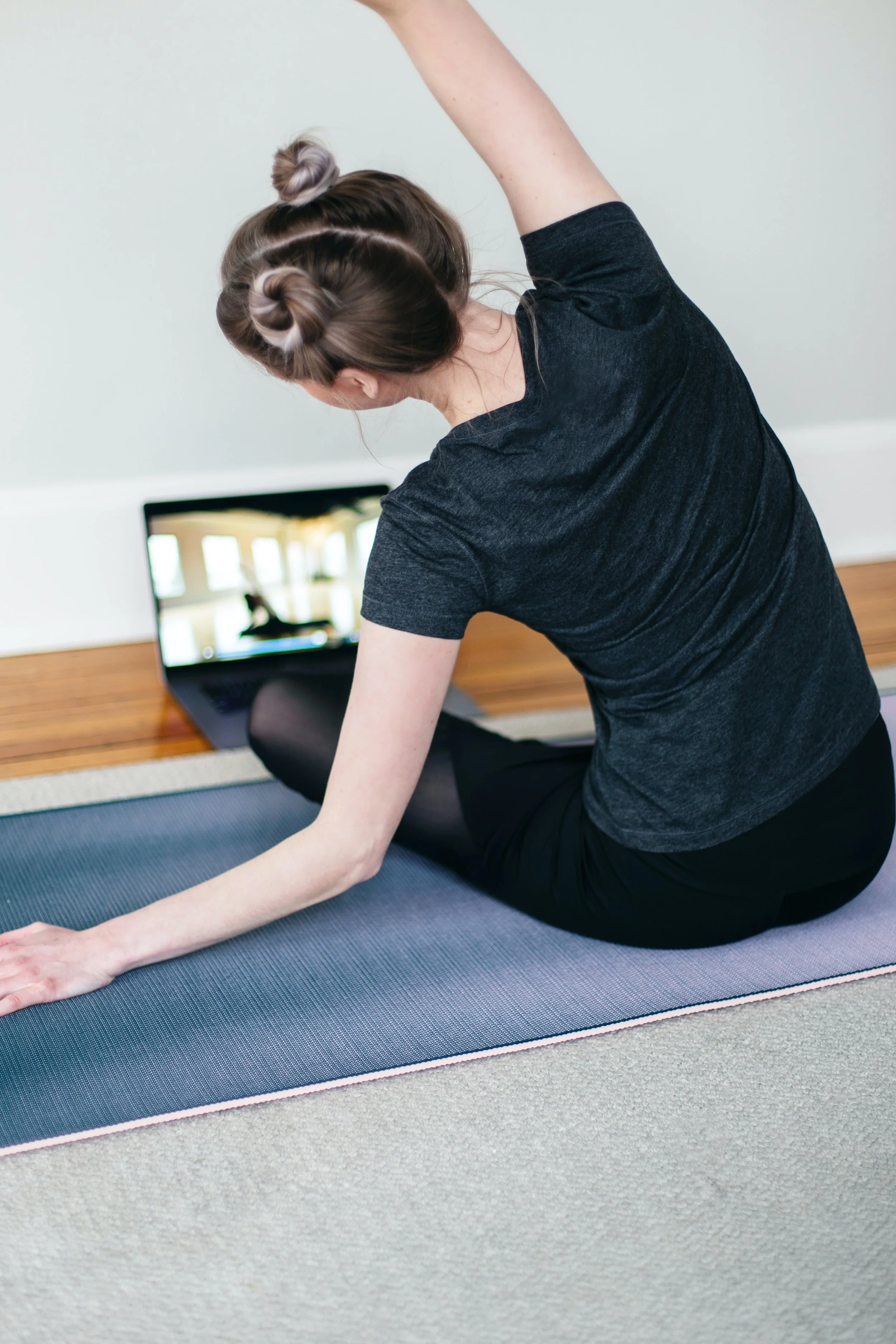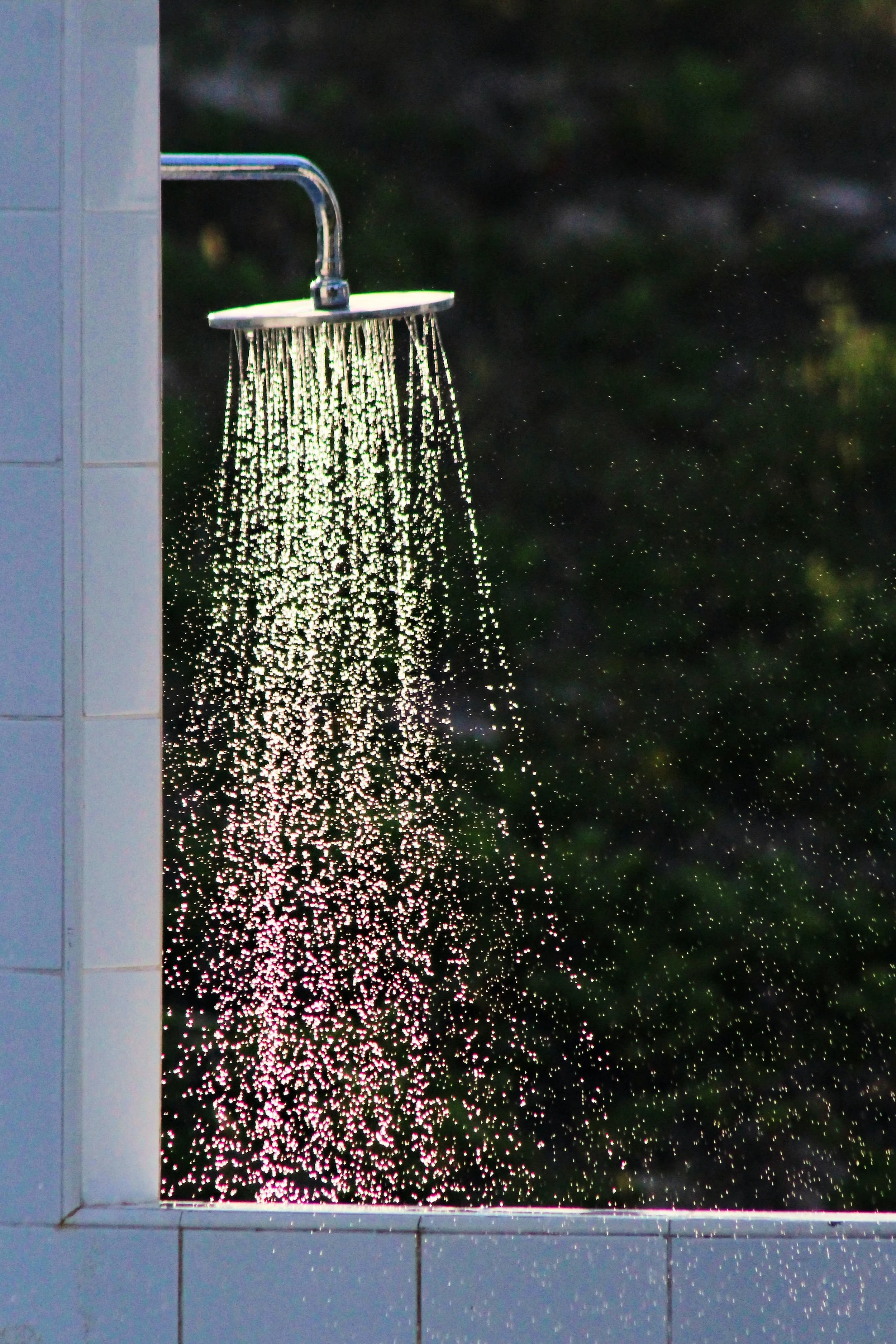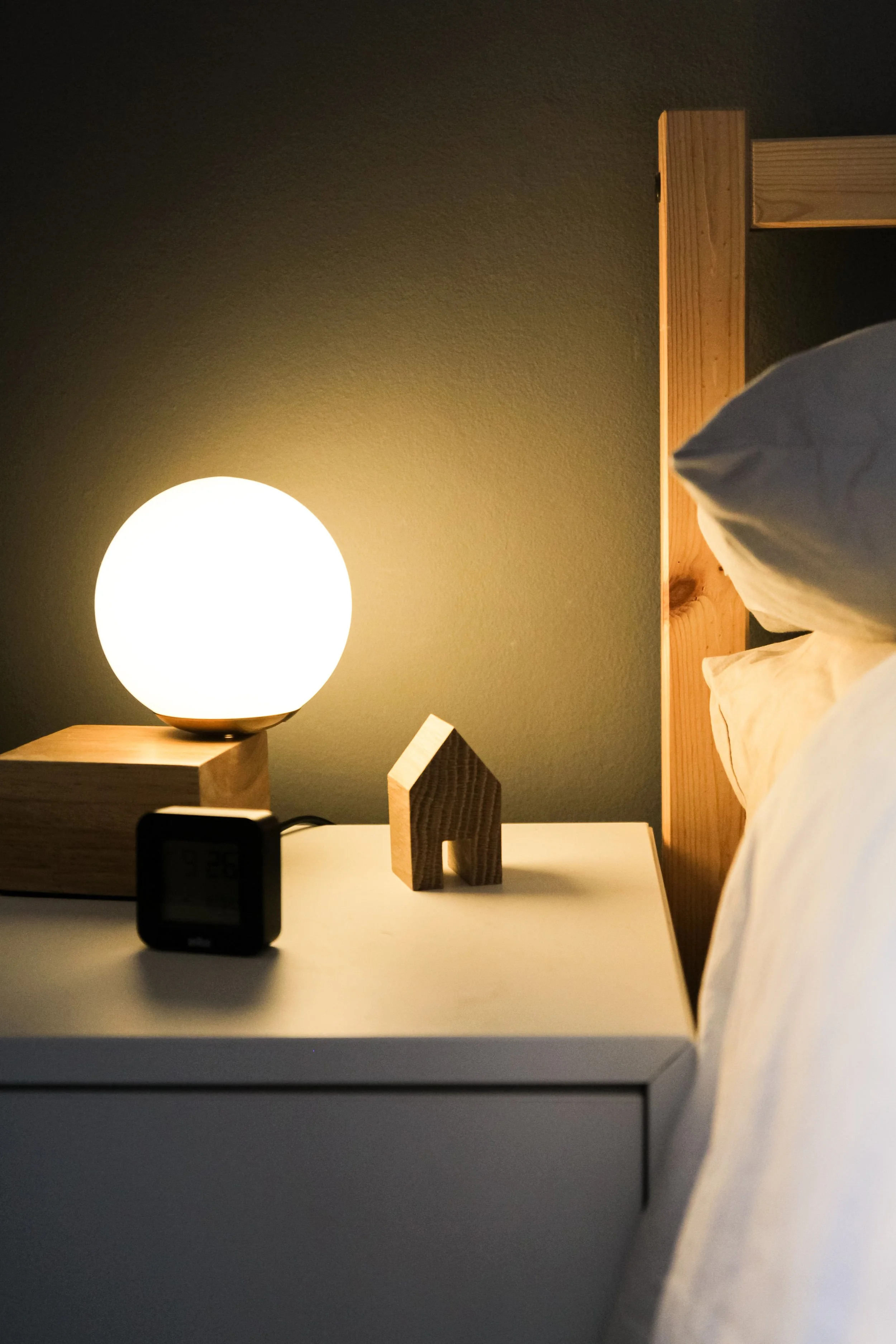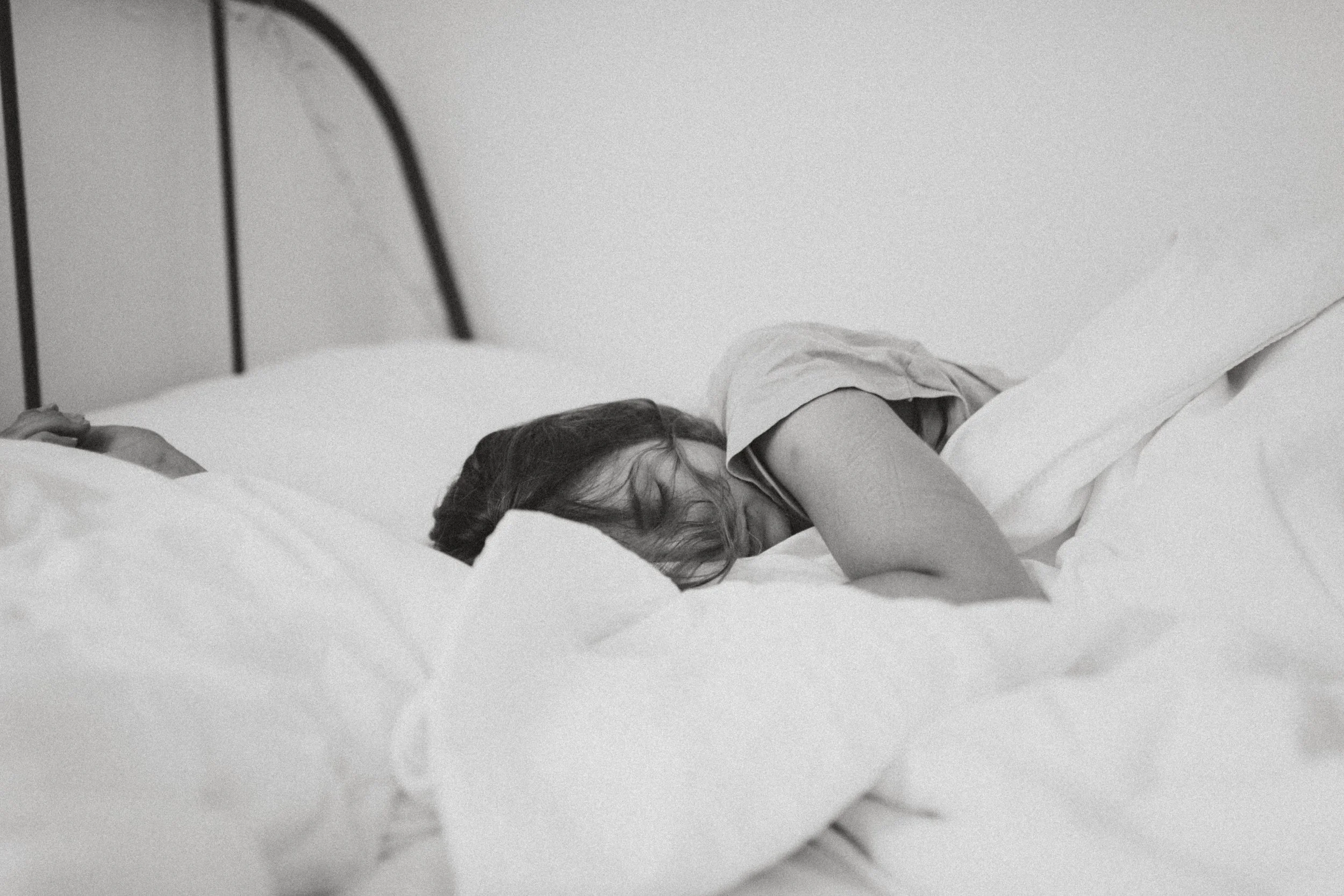Sleep: I can’t get no sleep.
Ever had a bad night’s sleep? Yeah, me too.
Really struggling at the moment? Aye, I’m the same.
I was a relatively good sleeper before the old c bomb hit. I would shuffle a lot before getting comfy and I nearly always wake for a wee between 2am and 4am, but this is (or was) my sleep pattern and it has served me well.
When I get stressed, my sleep is the first thing to mess up so you can imagine getting a cancer diagnosis really flip reversed it (blazin squad reference for any fans out there!). I was struggling to get to sleep, then waking for about 4 or 5 hours in the night and just managing to drift off when it became the morning..
I decided not to nap during the day (I think maybe I’ve had 2 or 3 naps during chemo), because I’d hoped that I’d get tired in the evening and eventually just sleep. I just would right? At some point…. you’ve got to fall asleep….
I think my sleep went on like this for 6 months. I wasn’t waking up actively thinking or worrying about things, but maybe I was subconsciously? Or maybe just another fun side effect of chemo? Who knows? All I can say is it sucked. When my sleep started to improve, the hot flushes from my goserelin injections (the ones that have put me in a menopausal state to try and preserve my fertility) really started to kick off. I felt itchy, all over, and couldn’t get comfy, tossing and turning all freaking night.
Sleep well and truly up the swanny again. Perfect.
Let’s talk about why sleep is so important and then what you can do to try and improve your sleep.
Why do we sleep?
Sleep allows our bodies to rest, heal and process the day by;
Processing memories - useful when learning something e.g. driving a car
Repairing your heart muscle and bloods vessels
Keeping hormones balanced and in check
Regulating insulin
Allowing muscle repair and growth
Keeping our immune systems working
If we’re chronically sleep deprived it can lead to;
Difficulty in learning, processing information and doing tasks
Depression, anxiety and difficulties with emotional control
Increased risk of heart disease
Increased risk of obesity due to hunger hormones being disrupted
Fertility issues
Increased risk of diabetes from higher sugar levels
Difficulty fighting off common infections due to weakened immunity
Knowing all this and not being able to sleep makes it feel 10x worse, but there are things you can do to try and improve your sleep.
What can you do to get a better night’s kip?
Keep a regular sleep/wake schedule, routine is key. If you do want a lie in try and keep it to less than an hour to avoid disrupting your sleep pattern.
Don’t drink or eat caffeine four to six hours before bed and minimize daytime use, you may not feel caffeine affects your sleep but I promise you it does. Remember decaf drinks still have about 10% of the caffeine that the normal, fully loaded versions have.
Don’t smoke, especially near bedtime or if you wake up in the night.
Avoid alcohol, I know it might feel like it’s helping but your sleep quality is poor. See info here.
Avoid heavy meals before sleep.
Get regular exercise but avoid anything 1hr before bed.
Minimise noise, light and excessive hot and cold temperatures where you sleep.
Avoid screen time for the 1hr before bed - this includes phones, TV, tablets, computers etc.
A warm bath or shower before bed can help your body temperature drop once you get out and help you feel sleepy. Warm not hot!
Some people find gentle yoga very helpful to wind down in the evenings, you can do a routine called yoga nidra which is “sleep yoga”. Here is a good YouTube video.
Breathing techniques whilst in bed - squaring the breath. Inhale for 4, hold for 4 and breathe out for 6. Do this for as long as you need.
Using sleep stories, wind downs, meditation. I personally use headspace but there are lots of others and free options too.
Still struggling?
There are drugs that we can use to help us sleep. However these should only be used short term and can be very addictive. Not only does your body start to crave them but they’ll stop working for you and you’ll need higher doses to have the same effect - often at levels that aren’t safe and these drugs can cause death in an overdose.
The one I’d normally recommend to people first and as the “safest” would be promethazine. It’s an old style anti histamine (anti allergy) tablet, but we don’t use it for this anymore as it makes people too drowsy. It can help if you’re itchy too!
I feel my sleep has been a sack of sh*t since February 2021 (it’s now December 2021) and I’ve not reached for the drugs. However I’ve also not been working and I don’t have kids so being tired during the day hasn’t had the biggest impact on me, except maybe exacerbating my brain fog.
If you feel you need some extra help with sleep - speak to your cancer team or GP.
Sleep and cancer risk?
A large meta analysis and systematic review looking at sleep duration and cancer risk has shown;
Short duration of sleep (less than or equal to 5-6hrs a night)
- increased cancer risk in Asian population only (studies from Japan, China, Singapore).Long duration of sleep (more than or equal to 9-10hr a night)
- increased risk of colorectal cancer.
There are some other studies but the results are variable - click here for a fairly comprehensive summary. More studies need to be done to look into the effect of sleep or lack there of and cancer.
Here are some really useful websites…
Brilliant and detailed self help guide about sleep and how to try and improve yours.
Tips on how to get a good night’s sleep.
Info to try and improve your sleep.
Info on cancer, sleep and what you can do to try and improve it.
Sleep hygiene for kids and young people.
Meta analysis and systematic review looking at sleep and cancer risk.
Loads of info on sleep and tips on how to improve it.
Info on sleep and cancer risk.
Info on sleep.
Info on sleep, why it’s important and what we can do to improve it.

